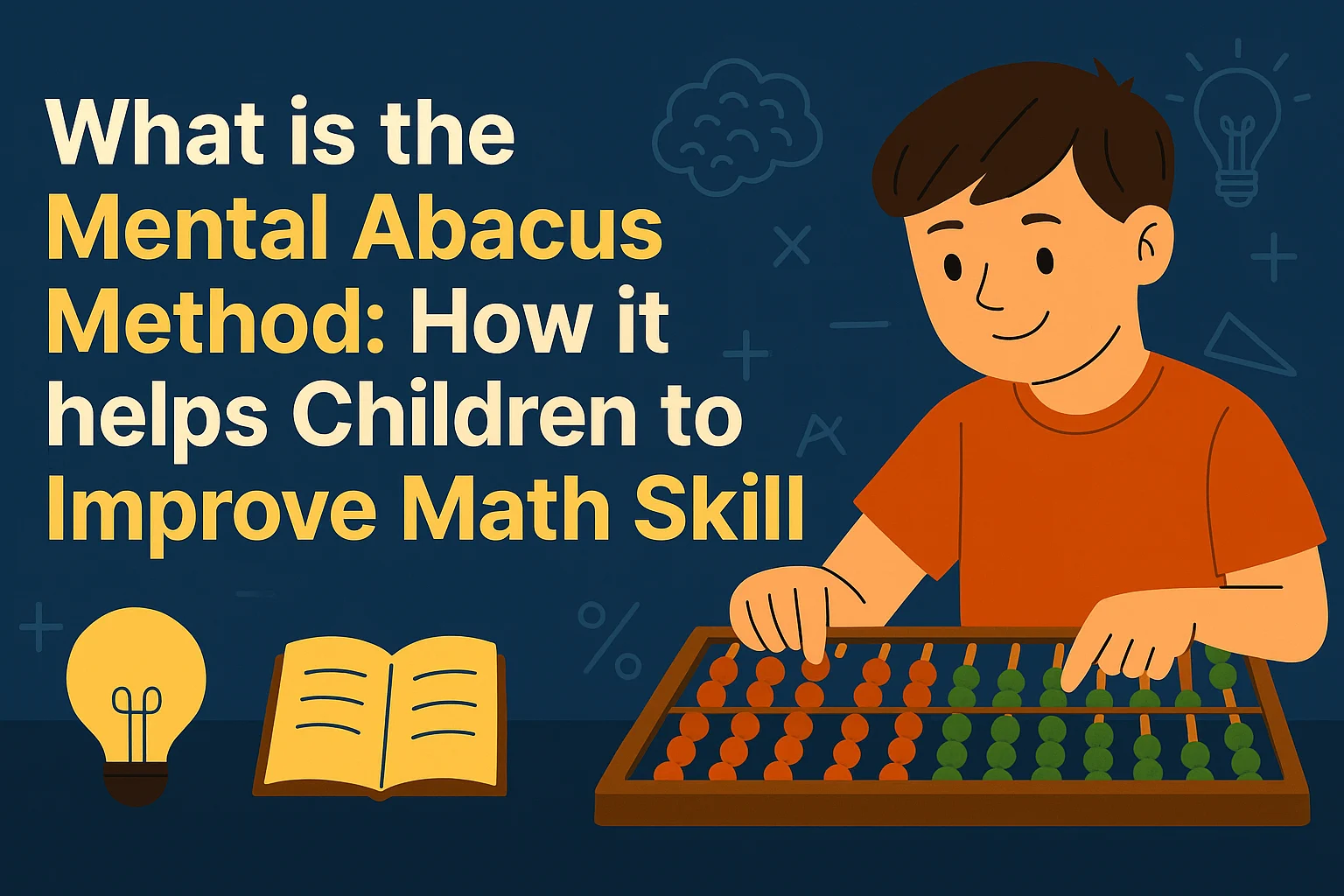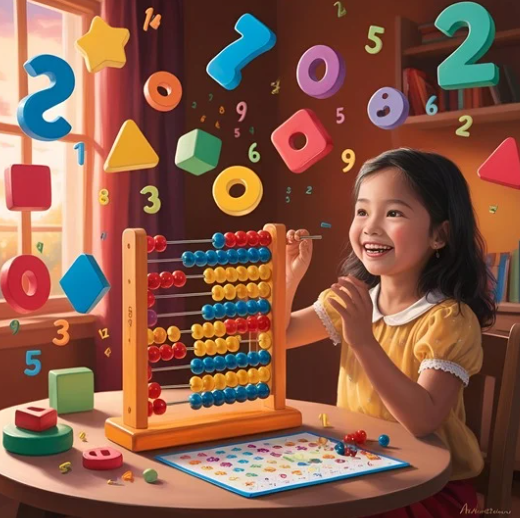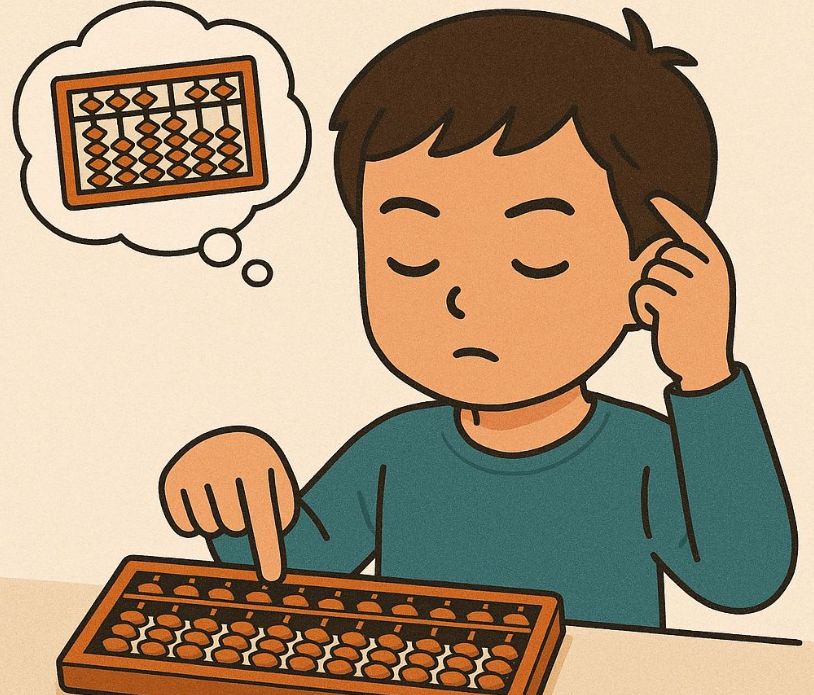What is the Mental Abacus Method: How Mental Abacus Training Improves Memory and Math Skills in Children





The mental abacus method is a fun and powerful technique where children imagine an abacus in their minds to solve math problems.
Instead of using a physical abacus, they picture it and move the beads mentally. With practice, children can solve simple to complex math problems quickly and accurately.
This mental abacus technique helps with addition, subtraction, multiplication, division, and even finding square and cube roots.
Children begin by using a physical abacus, where they move beads with their fingers. Over time, they learn to visualize the abacus and manipulate the beads in their minds.
The mental abacus method requires using both hands, which stimulates both the left and right sides of the brain. This helps children develop balanced brain skills.

Practicing mental abacus helps children develop a strong photographic memory. They learn to remember bead positions, which enhances their memory skills overall.
With regular practice, children get faster at solving math problems. They can do this without a calculator or paper, making them more efficient in math.
Manipulating or visualizing the abacus beads requires a lot of focus. This helps improve concentration, which is useful for other subjects too.
The mental abacus technique encourages logical thinking and step-by-step problem-solving, which helps children in math and beyond.
By using both the left (logical) and right (creative) sides of the brain, the mental abacus method helps in developing a child's cognitive abilities.
Mental math is the ability to perform calculations in your head, without relying on paper, calculators, or other tools. It includes techniques like the mental abacus method and Vedic math, which help children improve their calculation speed and accuracy.
Learn more about these systems and how they can benefit your child by reading our blog on What is Mental Maths:
Mental abacus and the Vedic math method are excellent ways to improve a child’s math skills, but they focus on different aspects.
To dive deeper into the comparison, read our detailed article on
Like the mental abacus method, Vedic math trains children to do math in their heads without relying on a calculator or paper.
To learn more about how you can teach your child faster calculations, check out our blog on
Interval Learning offers a non-academic Vedic math course that teaches children the skills they need to excel in mental calculations.
Our course is designed to make math fun and engaging, helping children develop their cognitive abilities, boost their confidence, and reduce math anxiety.
Contact us today to learn more about how Vedic math can benefit your child.
The mental abacus method is a cognitive technique where children visualize an abacus in their mind to perform arithmetic calculations. With practice, they can solve math problems quickly and accurately without using a physical abacus.
Mental abacus training improves memory by helping children recall the positions of the beads on the abacus. This strengthens both photographic and spatial memory, as well as working memory, which is crucial for academic success.
Yes, the mental abacus method can be taught to children as young as 5 or 6 years old. As they progress, they can handle more complex math problems, building a strong foundation for future learning.
The time it takes to develop the mental abacus technique depends on the child’s age, attention span, and practice frequency. On average, children begin to see significant progress after about 6 months of consistent practice.
Vedic math is a set of techniques and tricks that simplify mathematical operations, allowing children to perform faster calculations. While both Vedic math and the mental abacus method improve mental calculation skills, Vedic math focuses on mathematical shortcuts, while the mental abacus method emphasizes visualization and bead manipulation.
Mental abacus training has been shown to improve math skills, concentration, memory, and problem-solving abilities. These skills not only enhance math performance but also help children perform better in other subjects by boosting cognitive functions.
Interval Learning offers courses in Vedic math for children. Our non-academic courses are designed to help children build strong math skills in a fun and engaging way. Contact us today for more information or to get started.